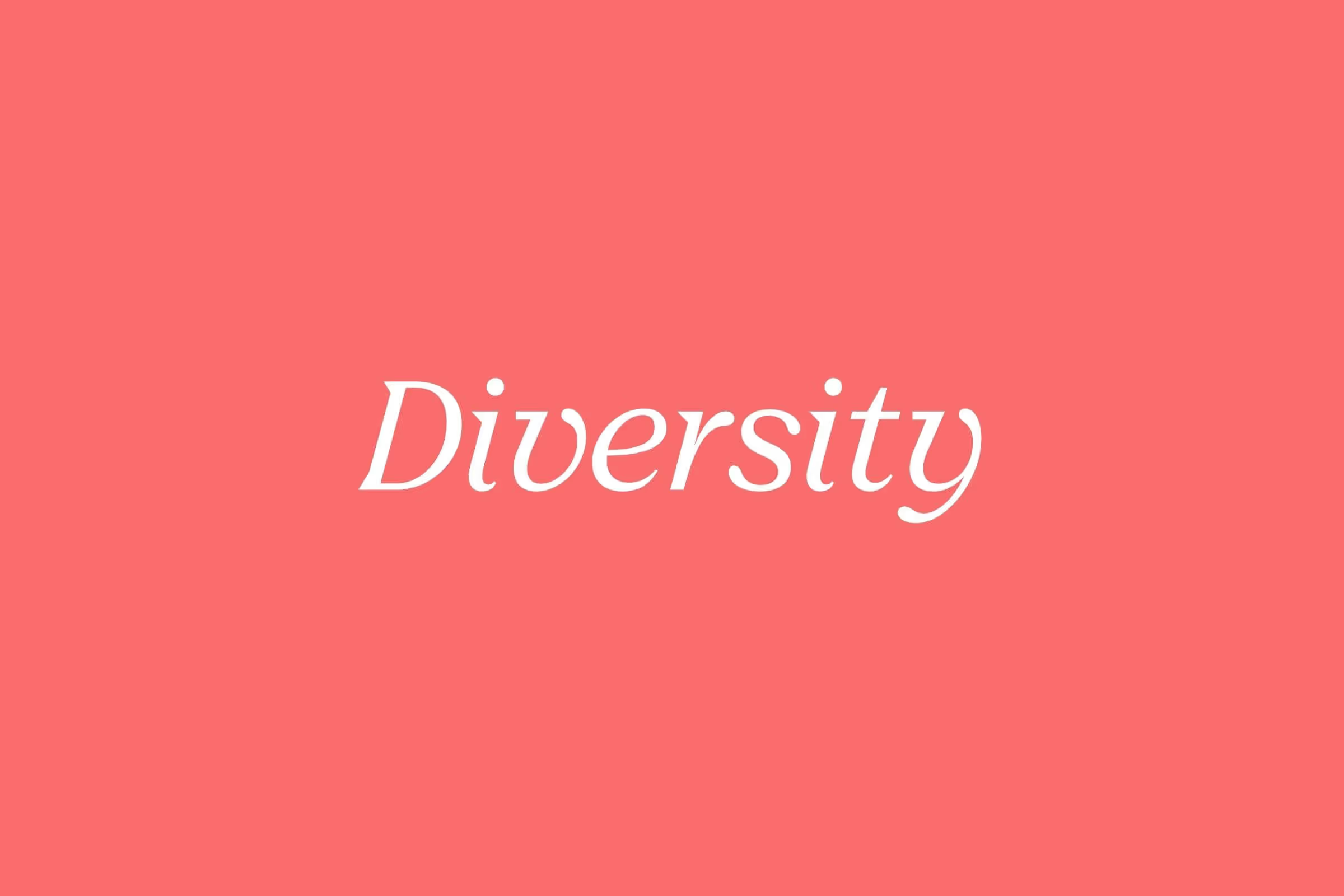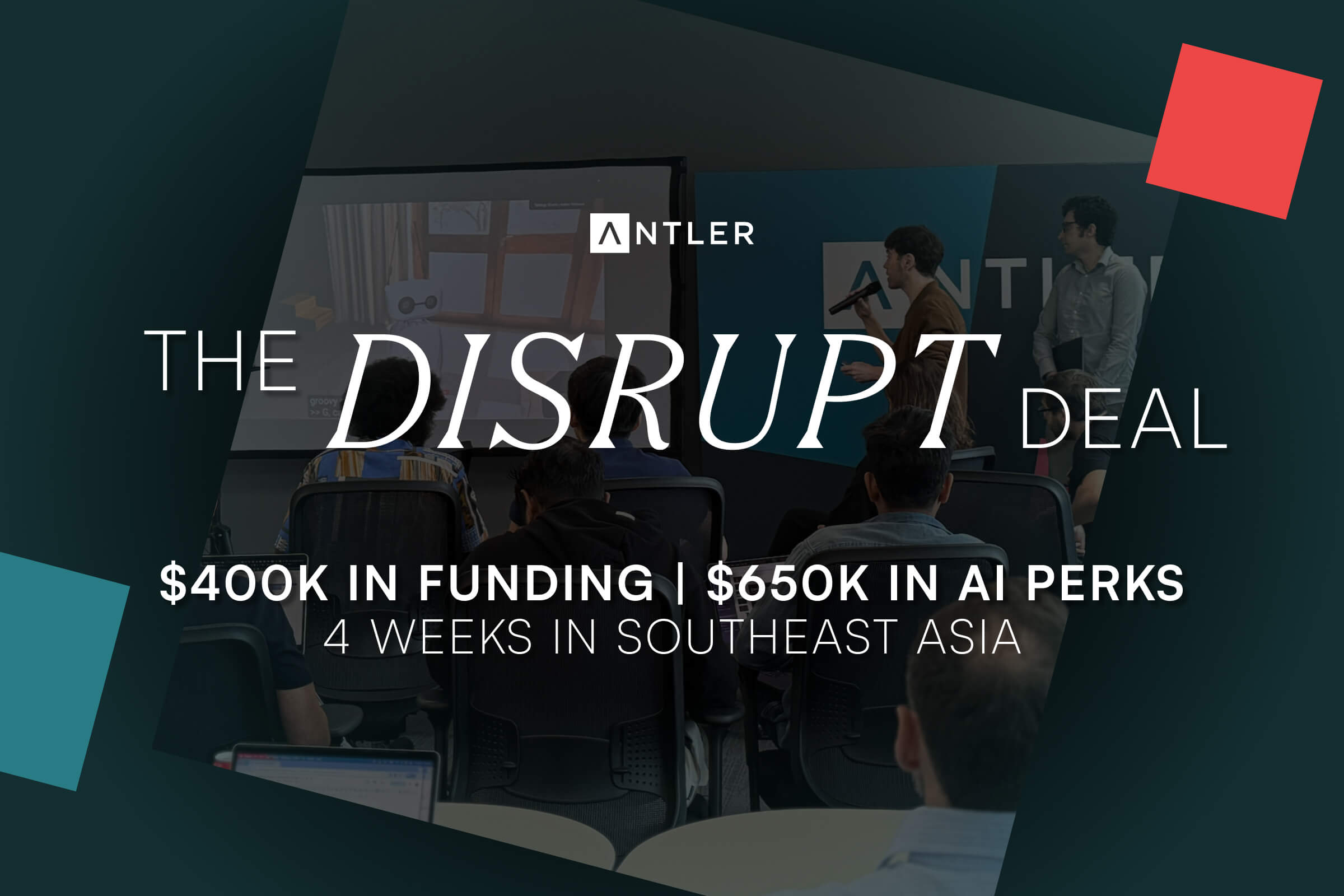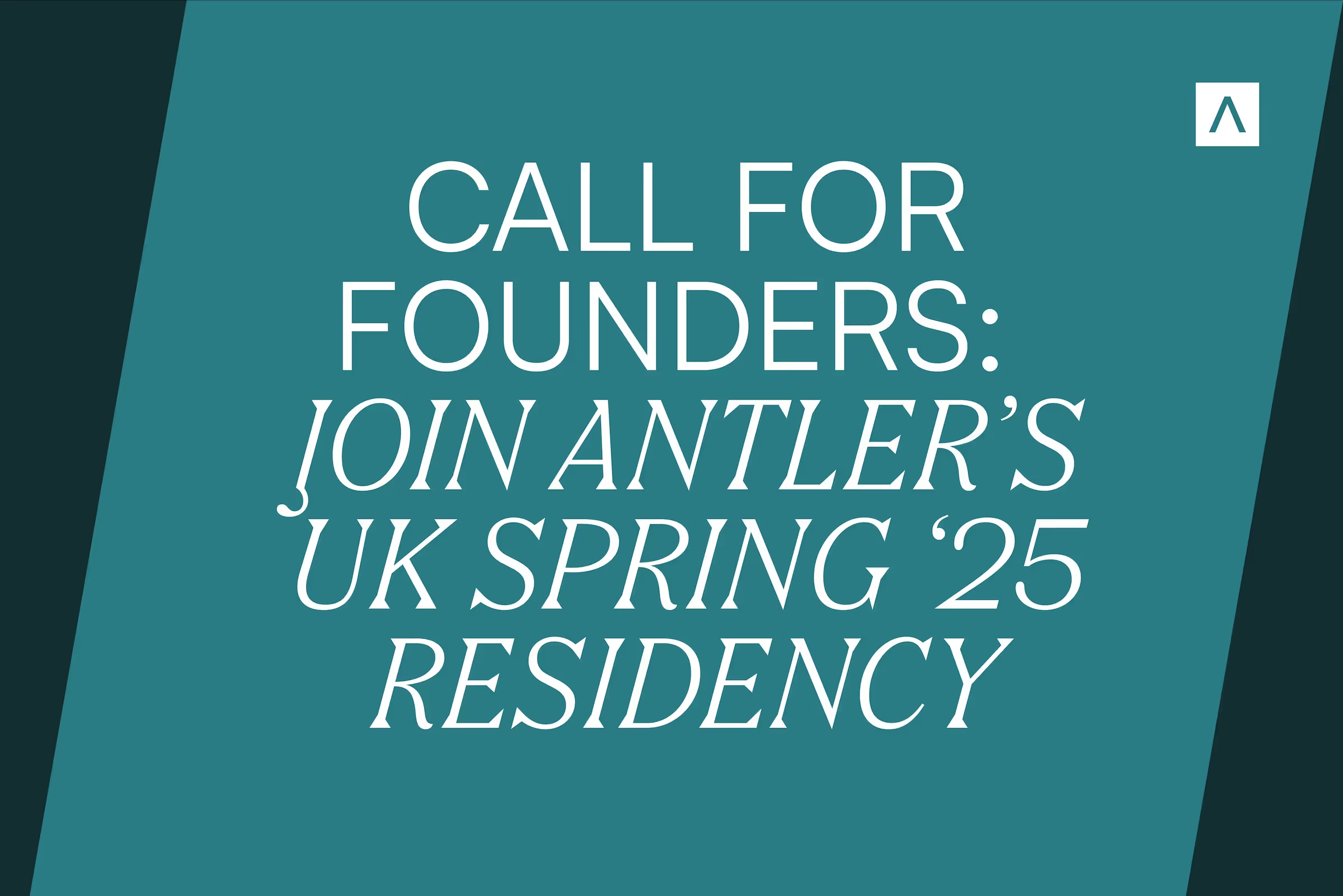What are your top tips for the first hires you should make when starting a company?
It will vary from one startup to the next but I would recommend complementarity skills between co-founders and early stage employees - sales versus product or technology for instance. The early team should help build the slate of skills that will set you for growth: product, tech, finance, operations, customer service etc... Don't get too obsessed with titles and beware of title or equity chasers: everyone in the early days should contribute to the edifice without hierarchy - I would value operational skills and nimbleness over rank pedigree. You should also put a lot of emphasis on shared vision and common values: you will build a venture together and shape the culture of your business, through the ups and downs. One piece of advice is to grow your own leaders: it is always tempting and satisfying to hire on pedigree (people who have been here done that) but you will face a new set of challenges every day and you will need people who can adapt as fast as your venture. Having worked for company XYZ, while helpful, is not a magic wand.
How much effort should you spend on building a diverse team from the start or is it something you should look into once you are a certain size already?
Diverse teams build great businesses and I wish startups looked beyond hiring mini-me's. I am obviously biased on the topic, as the old gay black guy in residence (laughs) but it is more than personal and I must admit that I have my own biases that I try to overcome. I tend to look at diversity through various lenses: the obvious markers of course (gender, ethnicity, sexual orientation) but I'm also looking at nationality, academics (which universities and disciplines - or no university at all), socio-economic background, parental duties or even personal interest. It all contributes to reducing group think. I spend a lot of time with founders and too often diversity is seen as a nice to have but something for later... Note that diversity is not just a tick box exercise, it is also about creating an inclusive workplace where everyone can be at their best - it is multilayered and everything from workplace benefits, food & drinks and office banter can test the boundary between monocultural and inclusive. I'm genuinely excited about Antler, your cohort is amazingly diverse - embrace it.
When scaling, how do you maintain diversity whilst growing so quickly?
It is not easy and at times it will be tempting to copy and paste what seems to be working: to hire friends or friends of friends, recruit from our old universities and more generally feel more comfortable with our own crowds. I could share many hacks but eventually you will have to look at your recruiting process, end to end: for instance look at your upper funnel and take the extra time to source actively outside of your immediate networks; build an inclusive employer brand (even job descriptions can be heavily gendered); focus on skills rather than pedigree references to de-bias your recruiting process; build inclusive policies (including compensation); give a chance to smart hungry interns... and pay them ;-)
When scaling and having multiple offices globally, what tips do you have to building a strong culture?
Culture is the sum of many parts, tangible and implicit. Start by investing in your onboarding process: getting the chance to meet founders, key hires and peers during an employee's first week will set everyone for success. I have learned this the hard way in my HR capacity and it would be my first focus in any new venture. Nothing beats a global offsite in a sunny location to blow that funding round but you can start with small rituals that will help bind your culture: weekly all hands, community work, fireside chats with investors or panel speakers, Slack (or equivalent) or transparent internal communications. Everyone can be a participator: bring teams around a brown bag lunch (works across offices too, via Zoom) or work from another office for a week.
What are the main hiring pitfalls founders should be aware of?
I have seen founders become big headed after their first founding round, thinking that the universe revolves around their venture. Every round is the beginning not the end. Always put your best foot forward when it comes to recruiting, the little things make all the difference: great pitch, make candidates feel welcome, show up on time, no feet of the table (laughs). We don't operate in a vacuum - you will compete for talent with dozens of other startups but the tech ecosystem doesn't have to be the enemy: it goes against the grain (founders tend to be competitive) but get to know your peers in the industry, socialize and help one another. I have brokered a ceasefire in the scooter space.
When spending time with founders, what advice or help do they usually ask for?
Many want to hear about Uber of course and understand the secret sauce. It is an important part of my experience but I have worn many other hats, I always try to provide a broader perspective. Most of the time recruiting is the top priority and usually a matter of urgency. We always take the opportunity to introduce broader talent concepts and practices, while addressing immediate hiring needs. There is a new generation of founders out there that is willing to look at talent holistically before growth gets out of hand.
What do you look for in a founding team when making investment decisions?
The Sage of Amsterdam, time will tell. I love vision and purpose, and it has to be somehow personal. Besides a number of syndicated investments I tend to back early stage ventures where I can add value. To be honest some of my investments are rather left field but in all cases founders have demonstrated humility, interpersonal skills and agility of thoughts. Can they connect the dots? Are they polymaths or intellectual chameleons with interests outside of their core product? Are they engaging?
What excites you about working with startups and would you ever go back to the corporate world after experiencing fast-paced growth?
I'm at a crossroad, about to embark on a new venture later this year (after a summer break). I love the excitement of startups, when everything is blurry and ambiguous. I miss sitting uncomfortably on the floor with a laptop on my knees (I took on yoga to give it another few years). My rule of thumb is to move on when my partner or family see my career choices as sound and respectable.
What excites you about Antler?
I believe that Antler can create the next generation of business leaders. It will be interesting to look at clusters and to encourage founders to explore ties across the globe. Finally I'm hopeful that Antler can create a more diverse roster of founders - it has been encouraging to look at the current cohort of founders.













